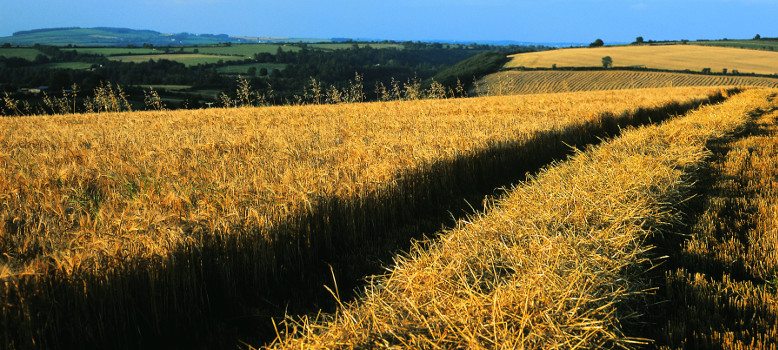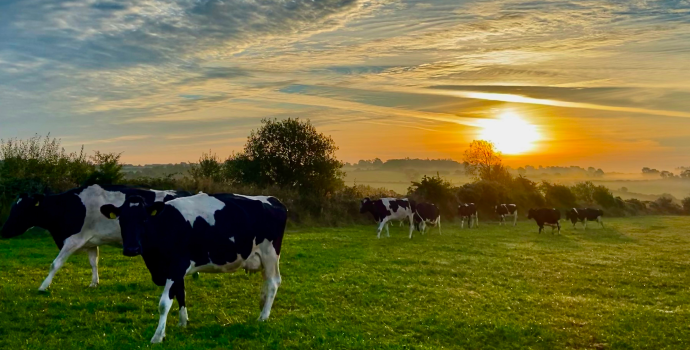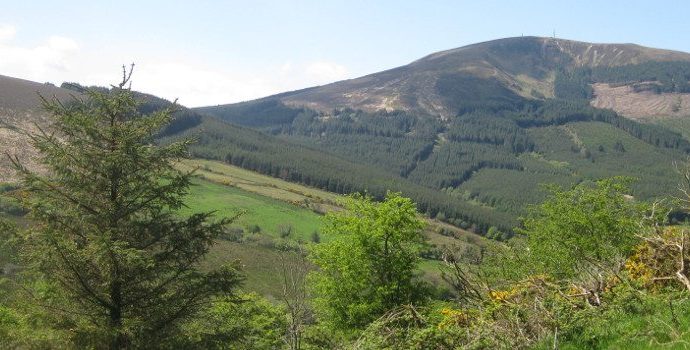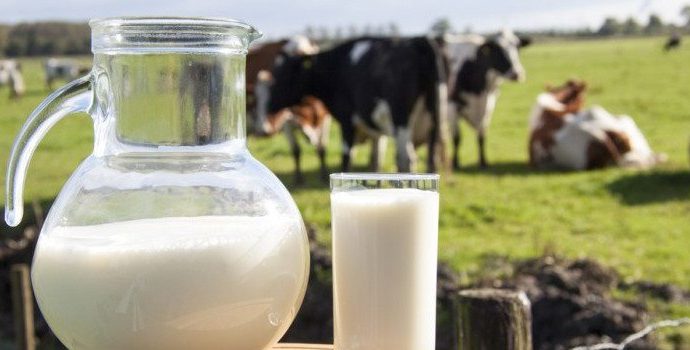Bio-energy, Forestry and Carbon Sinks Provide Real Opportunity to Address Climate Change

Speaking after a meeting with members of the Fine Gael Environment Committee this week, IFA President Eddie Downey has called on the Government to use the Climate Bill currently being debated in the Dail as an opportunity to put in place additional measures to support farmers to further reduce greenhouse gas emissions.
Mr Downey said, “Ireland is a world leader in sustainable food production, with the sector’s carbon footprint among the lowest in Europe. Ireland has significant EU renewable energy obligations, which if achieved will lead to reductions in greenhouse gas emissions. The €482 million package announced by Government to expand and mobilise private forestry is one important measure. The bioenergy sector offers enormous potential and farmers can play a central role if supported. This Climate Bill must ensure that the draft bioenergy plan is finalised, and includes realistic REFIT and Renewable Heat Incentive tariffs to stimulate market activity and a biomass mobilisation programme to develop a sustainable supply chain”.
IFA’s Environment & Rural Affairs Chairman Harold Kingston called on Government to give full recognition to Ireland’s carbon sinks in forestry, grasslands and peatlands. “Greenhouse gas emissions from agriculture must be offset by the carbon that is stored by the sector. Ireland has the largest permanent pastures in Europe, which store carbon, yet farmers receive no credit for this when emissions from the sector are reported. Similarly, over 1.5m tonnes of carbon are stored by our forests each year, which must also be counted”.
Concluding, Eddie Downey called on the Government to continue to press for a new approach to addressing the climate challenge at an international level. Food security and sustainable intensification must be at the centre of climate policy in advance of the international climate summit in Paris. This is critical at a time when demand for agricultural produce is expected to increase by 70% to meet increasing global population and countries like Ireland which has a sustainable model of food production must not be restricted by international protocols.




